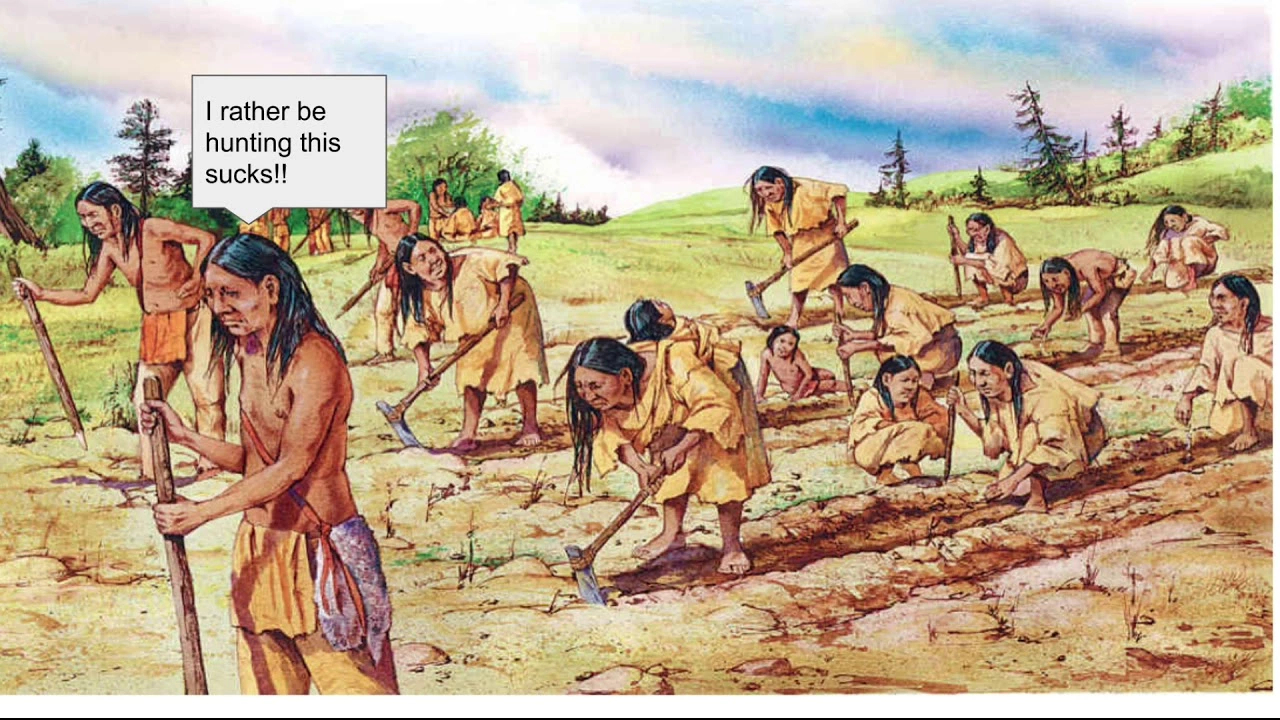Introduction: A Glimpse into Ancient India
When we think of ancient civilizations, we often marvel at their accomplishments in various fields such as art, science, and philosophy. However, an equally important aspect to consider is the life expectancy of people living in these civilizations. In this article, we will take a deep dive into the life expectancy of people in ancient India, offering you a comprehensive view of their lifespan and the factors that influenced it.
Understanding Life Expectancy
Before we delve into the details, it's important to understand what life expectancy actually means. Life expectancy refers to the average number of years a person is expected to live based on the current mortality rates. It's a crucial parameter to evaluate the health and wellbeing of a population. However, in ancient times, measuring life expectancy was a challenging task due to the lack of recorded data and statistical tools.
The Vedic Age: Life in the Early Days
The Vedic age, which spanned from 1500 BC to 500 BC, is considered the earliest period of ancient India. During this era, life expectancy was relatively low, with most people living up to 30 years. This can be attributed to the harsh living conditions, lack of medical knowledge, and high infant mortality rates. However, it's worth noting that those who survived past childhood often lived longer, thanks to the physically active lifestyle and nutritious diet.
Life Span During the Maurya and Gupta Empires
The Maurya and Gupta periods, extending from 322 BC to 550 AD, are known as the golden age of ancient India. During these epochs, significant advancements were made in the fields of mathematics, astronomy, and medicine. As a result, the life expectancy increased slightly, averaging around 35 to 40 years. The improvement in medical knowledge and healthcare facilities played a crucial role in extending the average lifespan.
The Impact of Ayurveda on Life Expectancy
Ayurveda, the ancient system of medicine in India, had a significant impact on life expectancy. It emphasized prevention over cure and promoted a holistic approach to health, including a balanced diet, regular exercise, and mental wellbeing. With the rise of Ayurveda, people started living healthier lives, which inevitably increased the life expectancy to some extent.
Role of Social Status and Caste System
The social status and caste system in ancient India also played a role in determining life expectancy. Higher caste individuals generally had access to better food, living conditions, and healthcare which resulted in a longer lifespan compared to the lower caste individuals who often lived in poverty and had limited access to healthcare services.
The Effect of Wars and Epidemics
Wars and epidemics were common in ancient India and had a profound impact on life expectancy. These events often resulted in massive loss of life, which pulled down the average life expectancy. However, the resilience of the population and the development of better healthcare practices often helped in recovery.
Comparing Life Expectancy in Ancient India with Other Civilizations
When compared to other ancient civilizations, life expectancy in ancient India was on par, if not slightly better. This can be attributed to the advanced medical knowledge and practices, the focus on a balanced lifestyle, and the resilience of the population against natural and man-made disasters.
Conclusion: The Intriguing Life Expectancy of Ancient India
Life expectancy in ancient India was a complex matter influenced by a multitude of factors. Despite the challenges, the ancient Indians managed to achieve a comparatively high life expectancy, thanks to their advanced medical knowledge, balanced lifestyle, and societal resilience. While the numbers may seem low compared to today's standards, it's important to appreciate the struggle and resilience of our ancestors who paved the way for the advanced civilization we have today.
